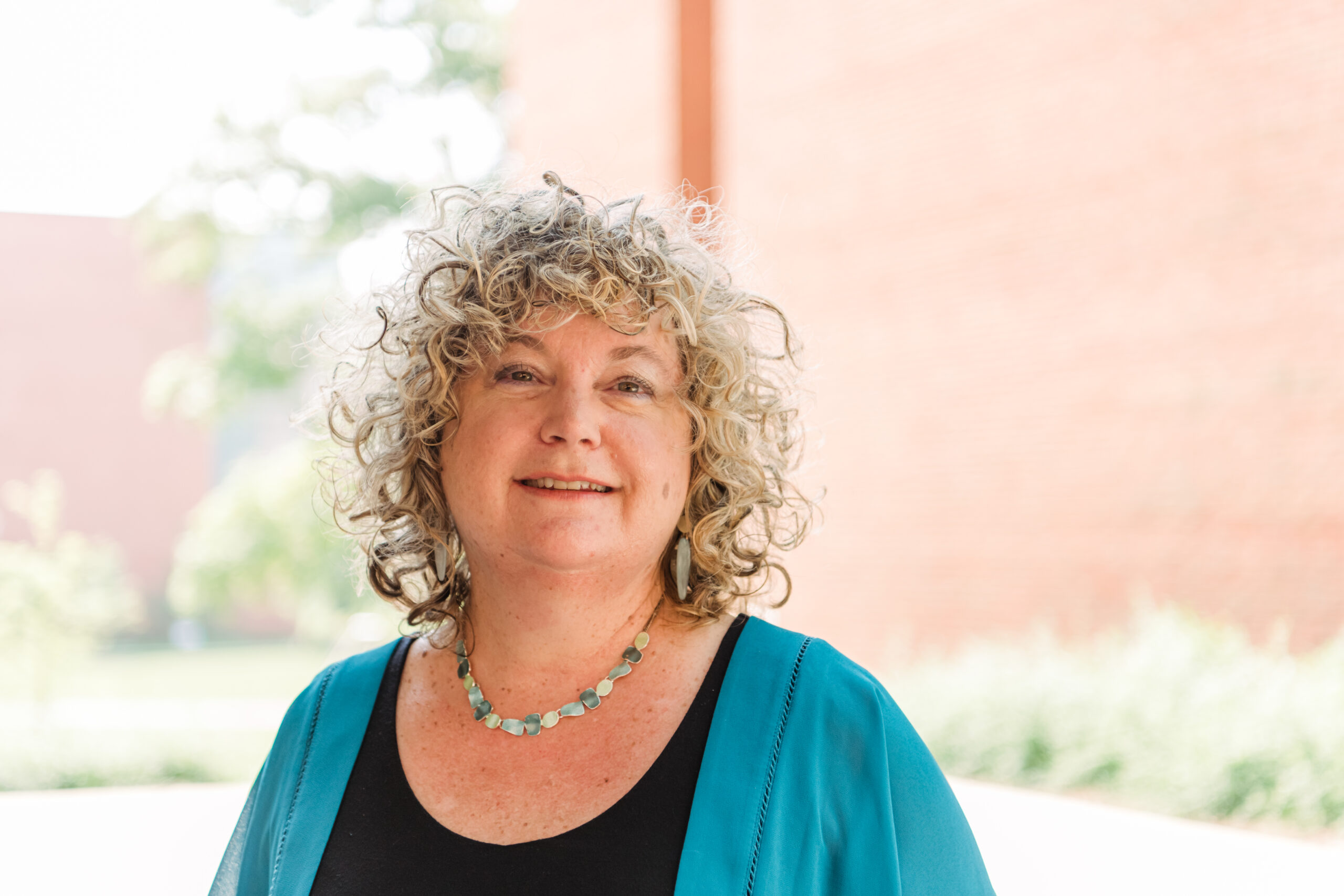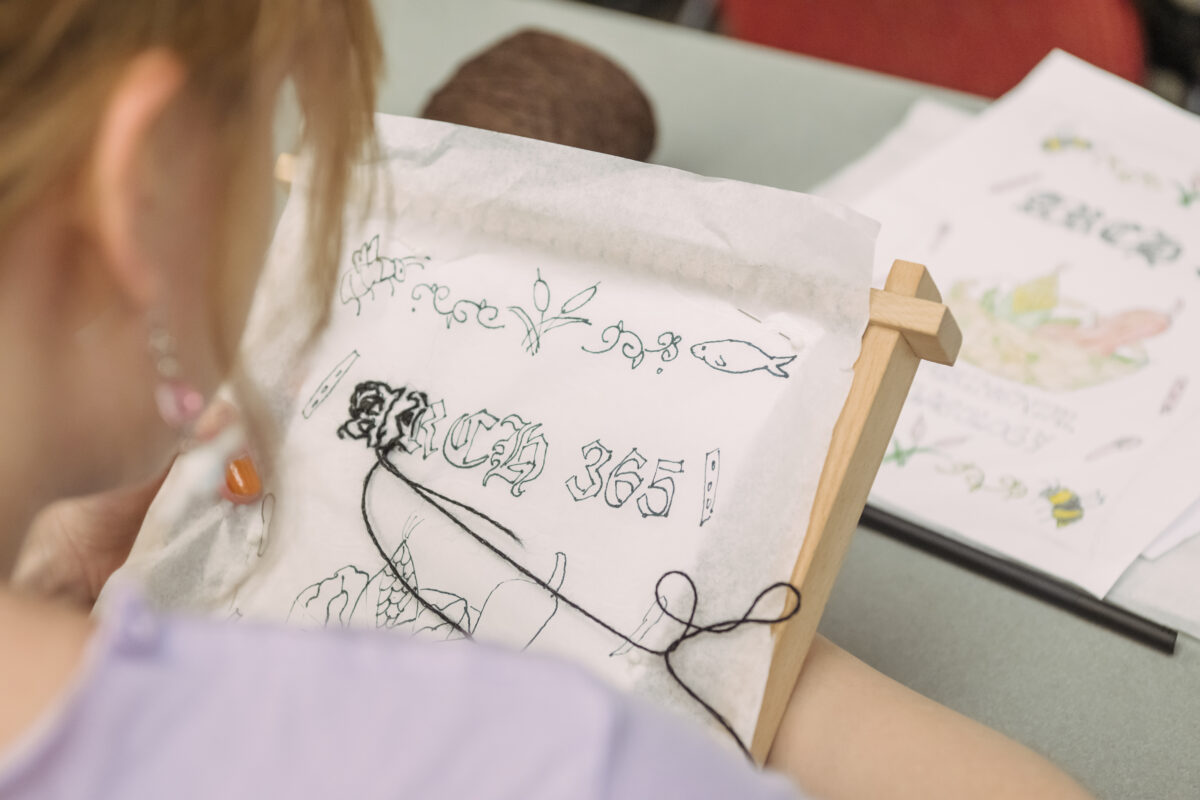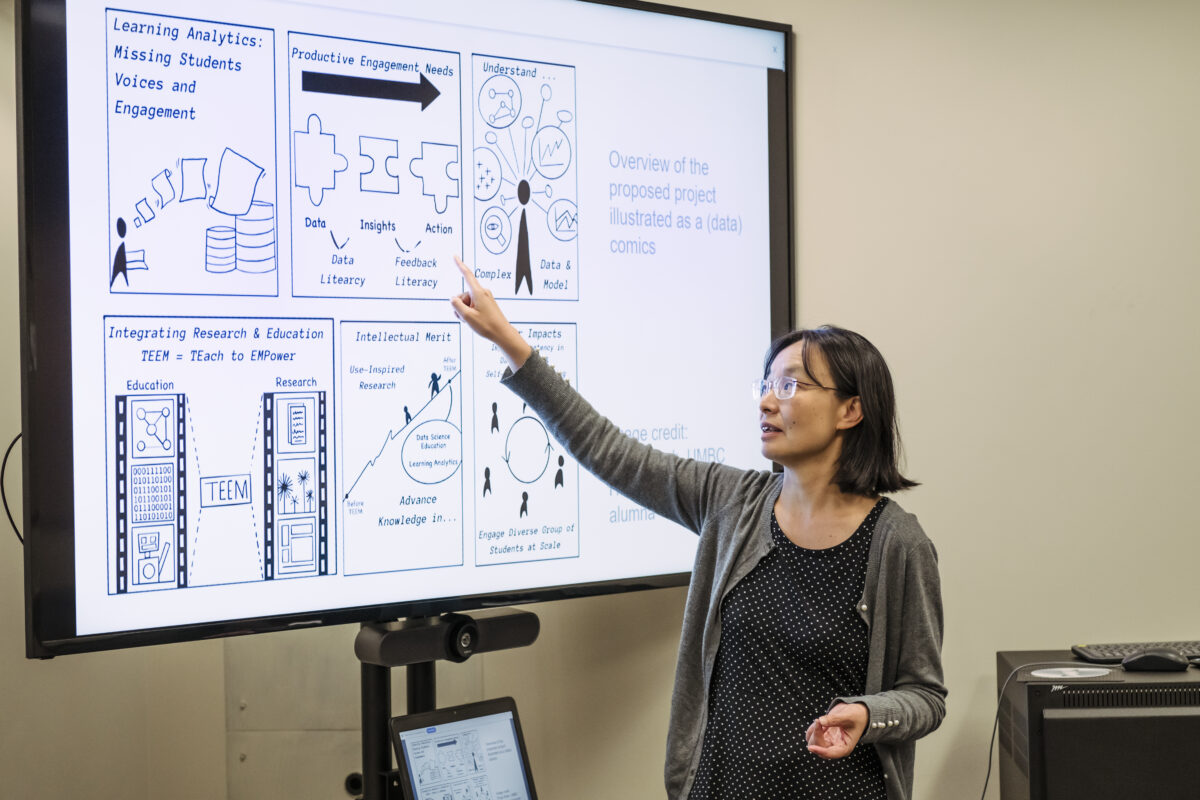Banks, large corporations, small businesses, non-profit organizations, and individuals alike lend and loan money to make more money, spur corporate growth, buy property, start a business, and help those in need. Funding prosperity and goodwill can be one outcome of financial investments. However, it’s not all good news. Today, we often hear about financial mismanagement, embezzlement, and money laundering, sometimes leading to bankruptcy and/or government bailouts—But financial fraud is not a modern story.
UMBC’s Amy Froide, professor of history, teaches courses in British history and European women’s history between 1500-1800 and researches social, economic, and gender history. During a research trip to the U.K., Froide found documents about the Charitable Corporation’s financial disaster of 1732, which she wrote about in The Conversation.
“The Charitable Corporation was notable in having a high proportion of female investors—35 percent of the funders in the 1700s were women,” Froide explains to Lynn Pasquerella, president of the American Association of Colleges and Universities and host of The Academic Minute, a daily show featuring faculty from colleges and universities worldwide speaking about their cutting-edge research. “When the financial scandal came to light, it was these women who led activist shareholders to call for government compensation.”
UMBC’s Academic Minute takeover week
Froide joined five UMBC scholars this fall in UMBC’s first Academic Minute Takeover Week, featuring the latest research in media and communication studies; modern languages, linguistics, and intercultural communication; language, literacy, and culture; and history. This series is republished on NPR podcasts and Inside Higher Ed.
Learn more about Amy Froide’s research:
- Silent Partners: Women as Public Investors during Britain’s Financial Revolution, 1690-1750 (Oxford University Press, 2016)
- Never Married: Single Women in Early Modern England (New York: Oxford University Press, 2005)
- Single Women in the European Past, 1250-1800 (University of Pennsylvania Press, 2013)
- Professor Froide has served as the book review editor for the Journal of British Studies and as president of the Mid-Atlantic Conference on British Studies.
Learn more about UMBC’s history major and graduate programs.
Tags: Academic Minute, CAHSS, History, Research




